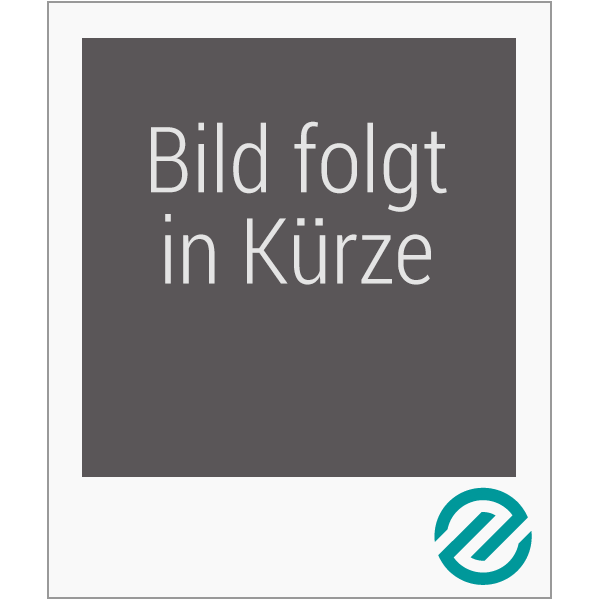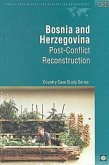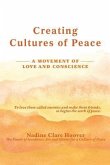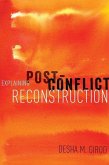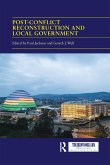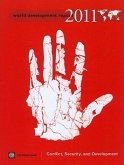Post-conflict reconstruction is not new to the World Bank. In fact, the Bank's first loan was to the Government of France to rebuild the country after World War II. What is new, is the rapidly increasing number of post-conflict areas, and the enormity and complexity of rebuilding in each case. To better assist post-conflict areas in the future, the Bank is studying past experiences in dealing with post-conflict reconstruction. This volume represents one in a series. The other volumes discuss post-conflict reform in Bosnia and Herzegovina and El Salvador. Although the Bank played a significant role in assisting with post-conflict reconstruction in each country, the causes of state failure or collapse differ. Also different are the factors that influenced the initiation or resumption of Bank operations. This publication focuses on the World Bank's experience in Uganda.

